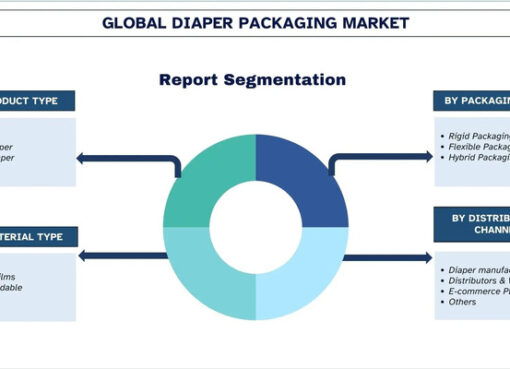The Role of Ethics in Finance and Accounting: A Guide for CPAs

Ethics is the backbone of the finance and accounting industries. Professionals entrusted with financial data, auditing, tax preparation, and corporate reporting bear an immense responsibility to uphold ethical standards that ensure trust, transparency, and compliance. In a world where financial scandals have rocked economies and damaged reputations, ethical decision-making remains a vital skill for Certified Public Accountants (CPAs).
For CPAs, maintaining ethical standards isn’t just a best practice—it’s a regulatory requirement. That’s why CPAs must complete Ethics Continuing Professional Education (CPE) credits as part of their licensing requirements. Institutions like CPE Inc. offer high-quality, industry-recognized Ethics CPE courses that help CPAs stay informed and compliant.
Why Ethics is Essential in Finance and Accounting
Finance and accounting professionals play a key role in ensuring the accuracy and integrity of financial statements, tax filings, and business reports. Ethics in these industries influences multiple areas, including:
Financial Integrity and Transparency
Transparency is critical for public companies, investors, and regulators. Ethical accountants ensure that financial statements fairly and accurately represent a company’s financial health. Manipulating numbers to inflate earnings, hide losses, or mislead stakeholders can have catastrophic consequences, as seen in high-profile cases like Enron and WorldCom.
Key Ethical Considerations in Financial Integrity:
- GAAP & IFRS Compliance: Ensuring financial reports adhere to Generally Accepted Accounting Principles (GAAP) or International Financial Reporting Standards (IFRS).
- Full Disclosure: Accurately presenting financial data without omissions or distortions.
- Preventing Fraud: Recognizing and preventing fraudulent financial reporting practices.
Auditing and Assurance Services
Auditors act as watchdogs for financial accuracy and regulatory compliance. However, independence and objectivity are key ethical challenges in auditing. The Sarbanes-Oxley Act (SOX) was introduced to enhance auditor independence following major financial scandals.
Ethical Concerns in Auditing:
- Avoiding Conflicts of Interest: Auditors must not have financial relationships with the clients they audit.
- Independence & Objectivity: Ensuring auditors provide unbiased assessments without external pressures.
- Professional Skepticism: Challenging questionable financial reporting rather than accepting it at face value.
Ethical Tax Practices
Tax professionals and CPAs handle tax planning and filing for individuals and corporations. While minimizing tax liability legally is part of the job, unethical tax avoidance tactics, like aggressive loopholes or fraudulent deductions, can cross legal and ethical lines.
Ethical Challenges in Tax Accounting:
- Avoiding Tax Evasion: Ensuring compliance with tax laws and avoiding deceptive tax strategies.
- Confidentiality: Protecting sensitive taxpayer information.
- Balancing Client Interest & Legal Obligations: Advising clients on tax-saving strategies while staying within legal and ethical boundaries..
Where to Earn Your Ethics CPE Credits: CPE Inc.
CPAs looking to fulfill their Ethics CPE requirements can enroll in courses at CPE Inc.—a leading provider of CPE seminars and online courses for accounting professionals.
Why Choose CPE Inc. for Your Ethics CPE?
- Comprehensive Course Selection – Covers general and state-specific ethics requirements.
- Industry-Recognized Experts – Learn from top instructors with deep experience in finance and accounting.
- Flexible Learning Formats – Online, live seminars, and on-demand courses to fit your schedule.
- State Board Approved – Meets the ethics requirements for various state CPA boards.
Ethics is not just a requirement—it’s a responsibility. In the world of finance and accounting, maintaining honesty, integrity, and transparency is essential for protecting public trust and ensuring regulatory compliance. Whether you are handling financial reporting, auditing, tax accounting, or fiduciary responsibilities, adhering to ethical standards is key to long-term success.
For CPAs looking to fulfill their Ethics CPE requirements, CPE Inc. offers trusted, high-quality courses to help finance professionals stay compliant and uphold the highest ethical standards in their careers.
For more information about continuing professional education for accountants and accounting webinar Please Visit : CPE Inc.






Leave a Comment